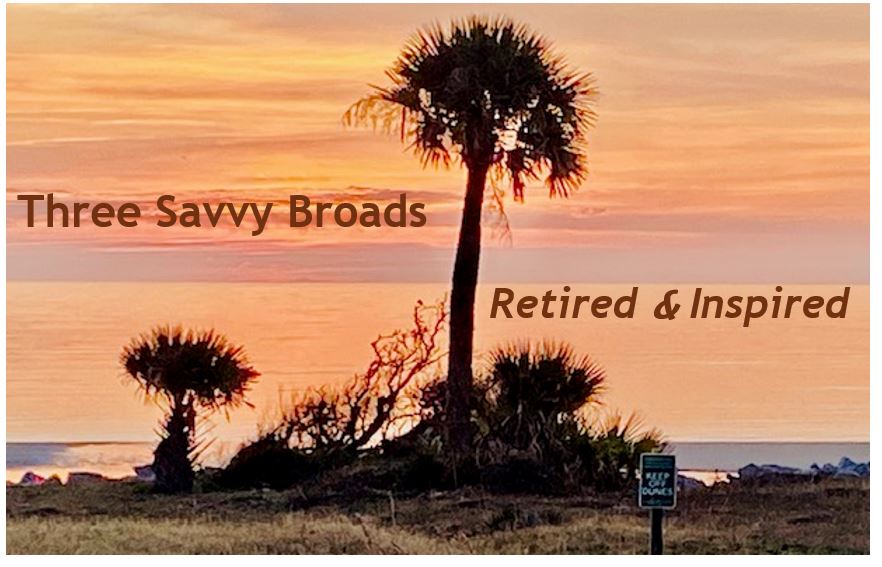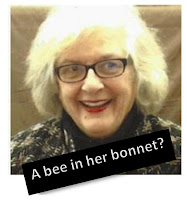Phrases and words
We don't use much . . . and why not?
Reading about clichés (from Glenne's most recent blog) and listening to politicians (too many), prompted me to think of some old words and phrases that I would like to hear more often. I found the history of these interesting enough to share.
Those politicians have been dusting off the old canards. The word comes from mid-19th century French, and literally means duck (the bird); it also meant hoax.
Earlier in Old French, the word caner meant to quack. That's the one for me. Each time the candidate air the old accusations, I will hear, "Quack, quack, quack!"
Each politican had better watch out or he/she could be hoist with his own petard. I had thought this was a sailing term, thinking of hoisting the sails. Instead, it hails back to the early use of gunpowder in Elizabethan England. It came into wide use after Hamlet uttered the phrase when discussing the fate of Rosencrantz and Guildenstern. An early use of gunpowder was to blow open doors or walls. If the guy tasked with attaching the petard to a door and lighting the fuse was too slow in his getaway, he could be hoisted by the explosion!
And, of course, bombastic has nothing to do with bombs! This term in English dates back to the mid 1500s and comes from bombast, meaning padding, stuffing and has similar sounding words and definitions in many languages, going back to Latin. I saw one discussion that offered an alternate derivation. That is is from the middle name of Paracelsus (Theophrastus Bombastus), who often used an extremely arrogant speaking style. The definition is "high-sounding but with little meaning." Its archaic definition is "inflated, overfilled."
I had a difficult time finding a bipartisan cartoon when I searched "bombastic politician!" Every candidate showed up and some (you can guess) more than others!
Willy Nilly is another great story. The definition of the phase is "without planning or direction, haphazardly." The definition then provided the use of the phrase in a sentence: "Politicians expanding spending programs willy-nilly" (Now you know why it is in the list!) It is from English in the early 17th century, it came from the phrase, "Will I, Nil I" (or I am willing, I am not willing).
Well, I had to get to name calling and what better words than scalawag and rapscallion!
Scalawag does not have anything to do with wagging dog tails, but I really liked the cartoon! A scalawag is a rascal, a scoundrel, etc. Scalawag is an American word that seems to have originated in western New York as early as 1832. An amateur genealogist Nathaniel Sharpe discovered his ancestor was in a list of scalawags (people who left town without paying debts) in an 1836 Batavia, New York newspaper. The fascinating story of his tracking the word is recounted in a Boston Globe story.
https://www.bostonglobe.com/ideas/2013/03/10/the-original-scalawag/fuFLccvsn4b1T6t18WFvxL/story.html
Rapscallion is a "disreputable person, a rascal." Rapscallion lacks the colorful etymology of some of the other terms. It is merely a fanciful elaboration of rascal. But it makes a great image:
































